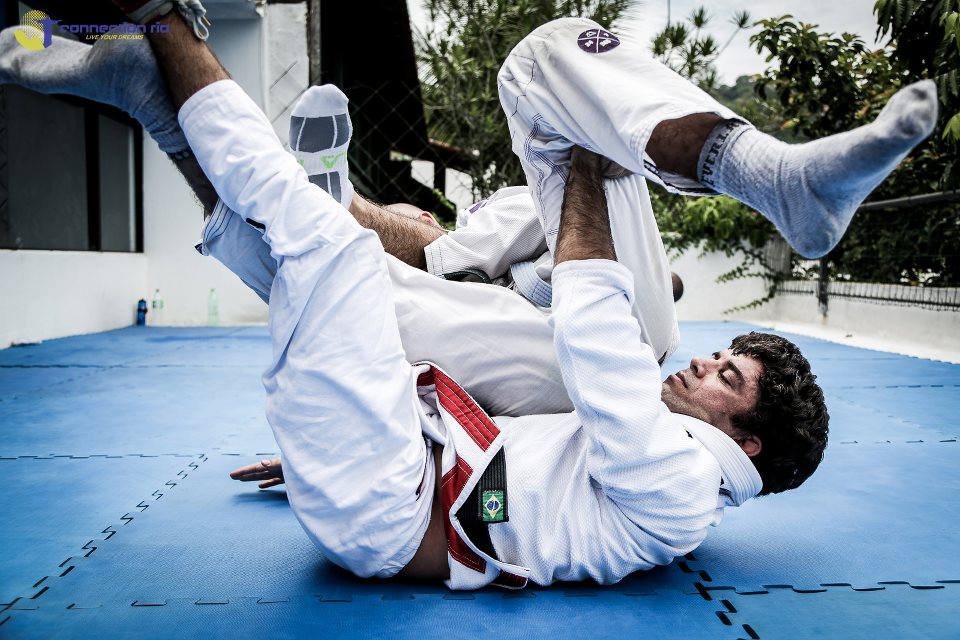Brazilian Jiu-Jitsu, a martial art known for its intricate ground fighting techniques, demands not only skill but also the right gear. Practitioners typically wear a traditional Gi or opt for No-Gi attire. Amidst these common choices, a less conventional element sometimes appears on the mats: socks. This raises the question, should socks be part of your BJJ wardrobe?
The Case for Socks in BJJ
While there’s no explicit rule against wearing socks in BJJ, it’s not a widespread practice. However, some practitioners find socks beneficial for several reasons:
Protection: Socks can protect against mat burns and minor scrapes.
Hygiene: They offer a layer of defense against infections like ringworm and foot staph.
Comfort: For those with sensitive feet, socks provide a comfortable barrier against the rough texture or the cold of the mats during winter.
The Traditional Viewpoint
Most BJJ practitioners prefer bare feet for a crucial reason: connection. BJJ involves intricate grips, twists, and turns, where skin-to-skin contact is vital for sensing an opponent’s movements. Wearing socks can potentially dampen this tactile experience, thus affecting performance.
Innovations in Grappling Socks
For those who opt for socks, not just any pair will do. Grappling socks are specifically designed for BJJ, featuring:
Neoprene Material: Moisture-resistant and durable.
Slip-Resistant Design: Provides necessary grip on the mats.
Variety: Includes grip socks and toe socks for different preferences.
Health Considerations
For practitioners with skin conditions like eczema or foot wounds, grappling socks are not just a comfort but a necessity. They prevent the spread of infections and protect vulnerable skin areas.
Challenges and Hygiene
Despite their benefits, grappling socks have downsides:
Limited Technique Execution: The added grip can hinder certain movements.
Moisture Trapping: Can lead to fungal infections if not managed properly.
Hygiene Practices: It’s essential to wear clean, dry socks for each training session to prevent the spread of infections.
The choice to wear socks in BJJ is personal and varies based on individual needs and gym policies. While some gyms allow them, others might not, and in competitions, the rules can vary. Whether you choose socks or go barefoot, the focus remains on practicing, learning, and maintaining a strong balance in BJJ.


















